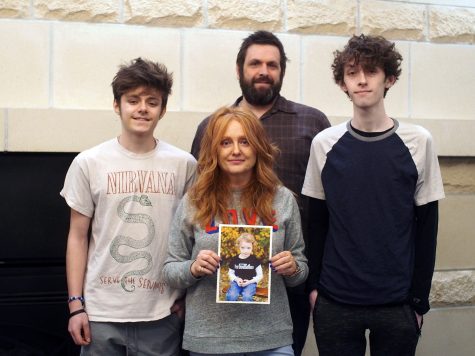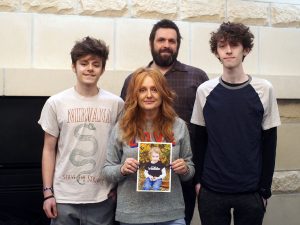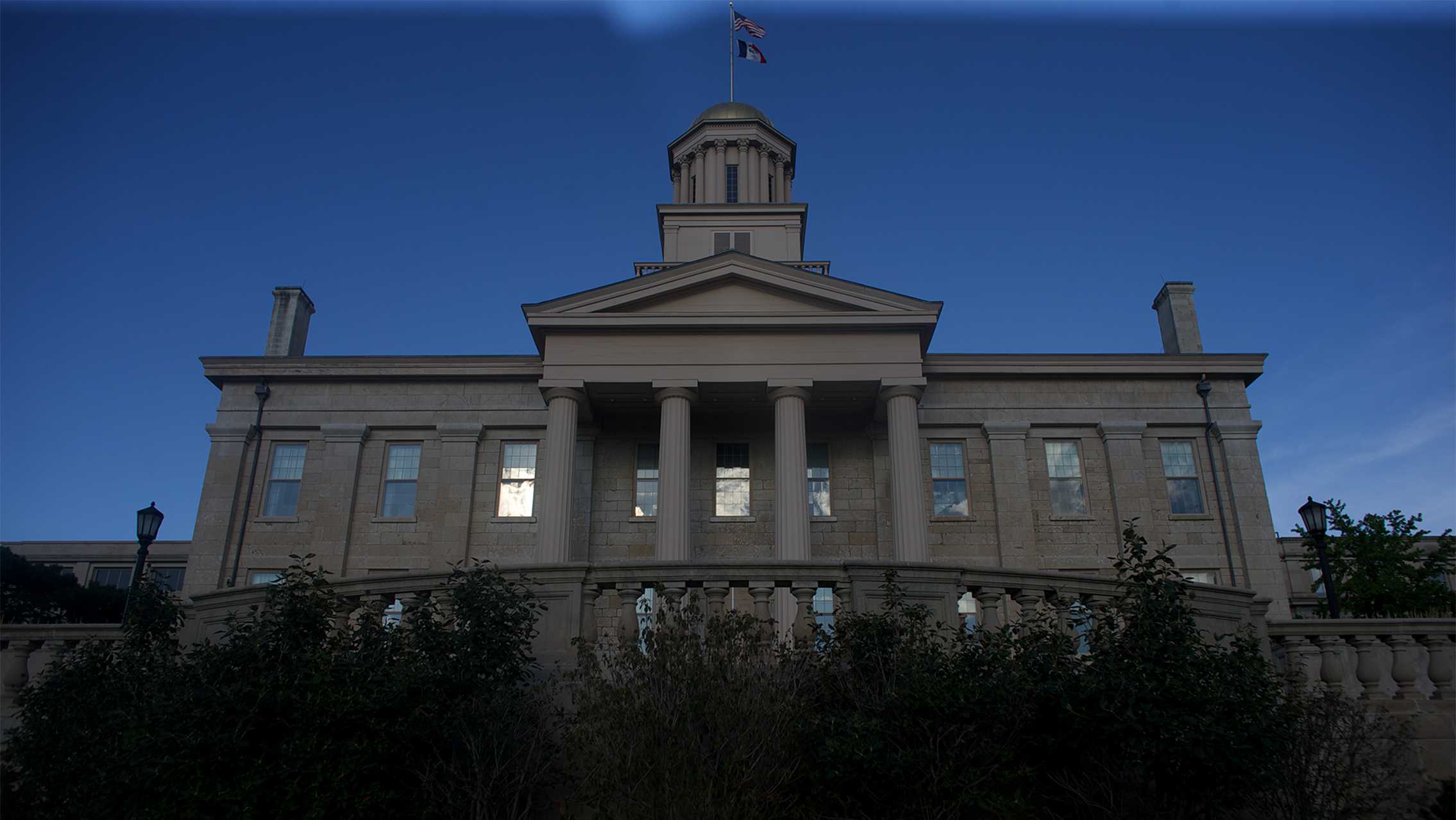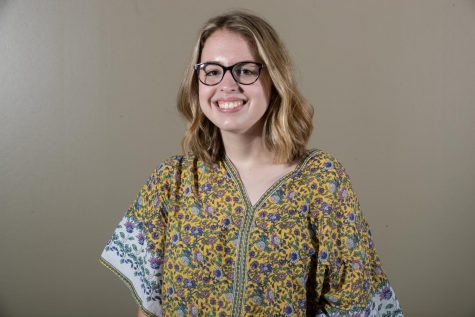UI professor develops app to help the visually impaired with help from Microsoft
UI computer science professor Kyle Rector is developing an app to help visually impaired people walk around a track with help from an AI for accessibility grant from Microsoft.
The Old Capitol building is seen in 2018.
January 31, 2019
A University of Iowa assistant professor of computer science is developing a phone application to help visually impaired people walk around a track.
Kyle Rector said the app uses camera sensors to tell users if they are veering from their lane on a walking track. The app is being developed with help from the Microsoft AI for Accessibility grant in collaboration with researchers at the UI and at the State University of New York-Brockport.
According to the Microsoft website, the grant “harnesses the power of AI to amplify human capability for the more than 1 billion people around the world with a disability.”
Rector said Microsoft provides some financial support, as well as technical support, for her research.
“My adviser from grad school told me about [the grant], and I decided to apply,” she said. “We’re using custom vision service [for the app]. Basically, the computer sees instead of us.”
Rector plans to test the app’s functionality this summer with children at Camp Abilities, a sports camp for blind and visually impaired children.
RELATED: UI professor develops a Siri for flood information
“We want to work with people of different ages, and while we want to work with adults, a great opportunity to work with youth of many ages is to go to Camp Abilities, which is a sports and recreation camp,” Rector said. “It’s not just in New York, which is where we’ll definitely be going, but all over the world.”
Lauren Lieberman, a professor of kinesiology, sports studies, and physical education at SUNY-Brockport, developed Camp Abilities in 1994. The camp now has locations in 22 states.
“You can use [the app] with kids who are 2 to adults who are 100,” she said. “Tracks are found in just about any country. You’re talking about an app that could change the lives of thousands of people around the world. There’s just no telling how many people it could help be active and independent.”
UI graduate research assistant Masuma Rumi, who assists Rector, said the app is being developed for both iOS and Android systems, which can make phone applications more accessible on a global level.
We’re using custom vision service [for the app]. Basically, the computer sees instead of us.
— Kyle Rector
“When I applied for graduate study, I looked at Kyle’s website and I [saw] that she is really interested in accessibility work,” Rumi said. “Back in my country — I’m from Bangladesh — blind people don’t receive as much care as U.S.A. people get. I was included in a project in my country to help blind people go in transportation safely. I was hoping to do something for blind people in my country to help them in their life. After coming here, I got to know about [Rector’s] research, and I got involved.”
Lieberman said Rector’s research is receiving a lot of attention in the scientific community.
“She has so many projects; she’s getting so many grants and so much attention for this work, and I just think that she is a gift,” Lieberman said. “I’m really honored to work with her and be part of her projects. We do a lot of cool things together.”





















